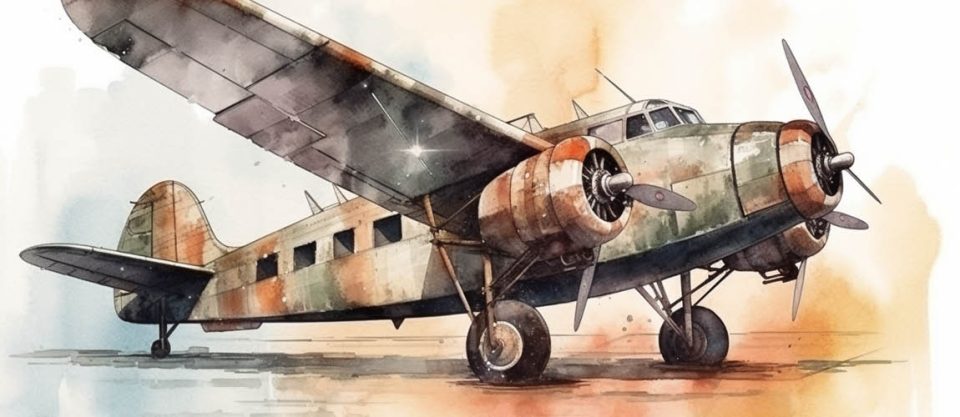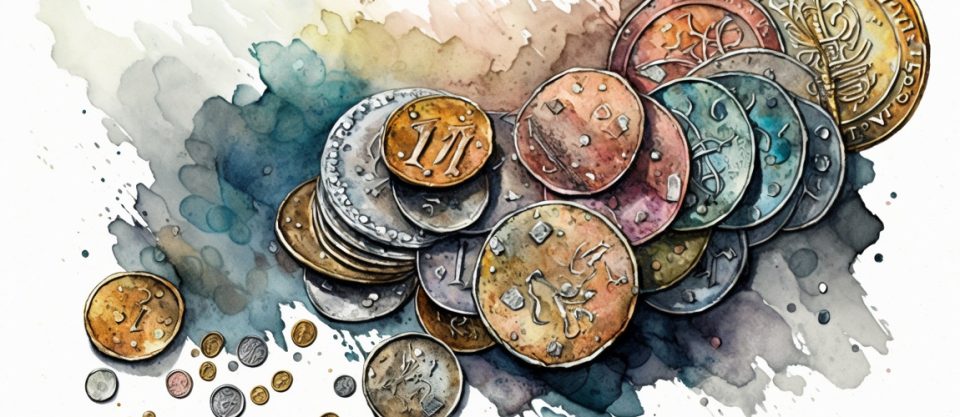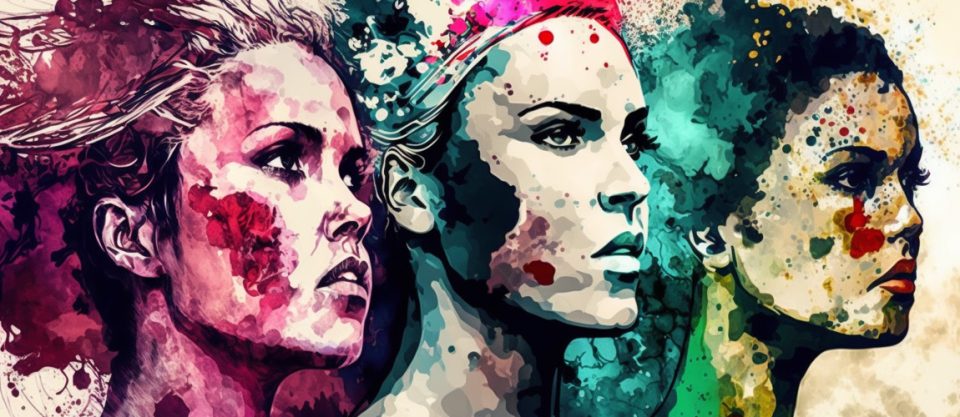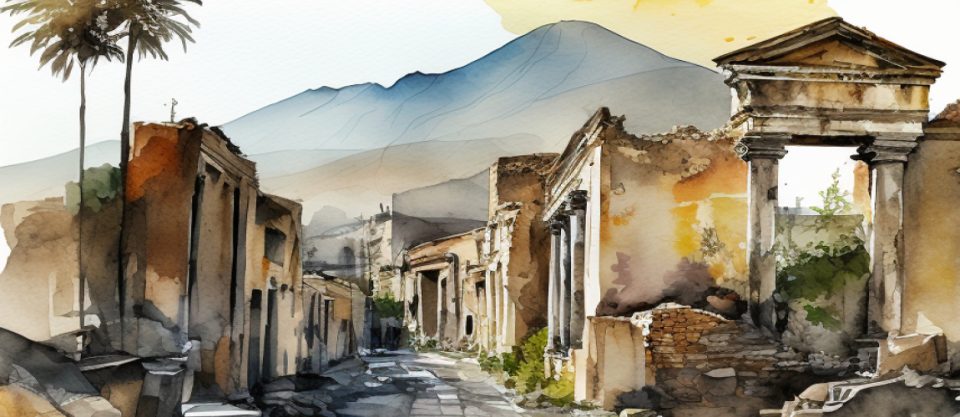Aviation’s remarkable journey began with the Wright Brothers’ pioneering flight in 1903, leading to supersonic travel and space exploration, revolutionizing how we connect and explore the world.
history
Calendars are diverse tools, adapted globally to track time. From Roman to Gregorian, Lunar to Solar, they shape cultures, traditions, and events worldwide.
There have been numerous instances of individuals refusing awards, citing reasons ranging from personal principles and political beliefs to dissatisfaction with the selection process or the award’s criteria. Some famous examples include Jean-Paul Sartre, Marlon Brando, and Le Duc Tho.
Step into the Splendor of French Royalty: A Tour of the Magnificent Palace of Versailles and its Majestic Gardens.
The Palace of Versailles, located just outside of Paris, is a symbol of French grandeur and opulence. Built by Louis XIV, it features stunning architecture, lavish gardens, and exquisite artworks.
Coins have been used as a medium of exchange for thousands of years. Over time, coins have evolved in size, shape, and material, reflecting the cultural and economic changes of their times.
Women’s emancipation is the struggle for gender equality, encompassing rights to education, voting, and employment. This movement has transformed societies, empowering women to challenge traditional roles and advocate for their rights.
Pompeii, an ancient Roman city, was buried under volcanic ash in 79 AD after Mount Vesuvius erupted. Its remarkably preserved ruins offer a unique glimpse into daily life in antiquity.







